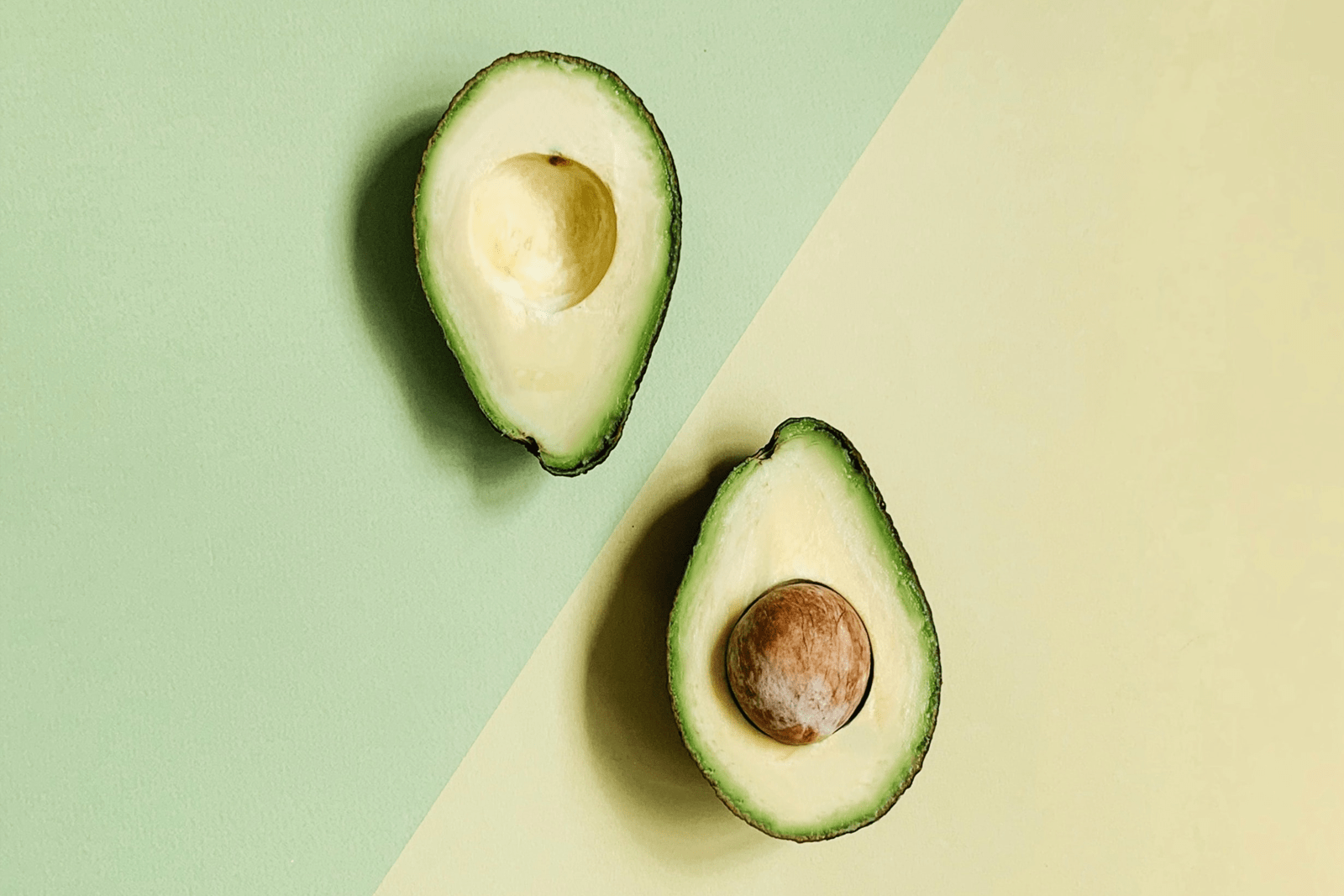In recent years, omega-3 fatty acids have been highlighted as a health promoting nutrient that can aid heart health and overall well-being. The hype surrounding omega-3’s is warranted as omega-3’s are extremely beneficial and widely available nutrients.
What are Omega-3 Fatty Acids
Omega-3 fatty acids are nutrients that contribute to the family of “good for you” fats known as polyunsaturated fats. Along with omega-6’s, omega-3’s make up the polyunsaturated fat content of various foods. These fats cannot be made by the body and therefore must be consumed through the diet. Three types of omega-3 fatty acids exist and can be found in different foods.
- Alpha linolenic acid (ALA) comes mostly from plant oils
- Eicosapentaenoic acid (EPA) can be found in seafood sources
- Docosahexaenoic acid (DHA) is also sourced from seafood sources
What’s the Big Deal?
Omega-3’s are a widely promoted nutrient thanks to their vast health benefits. Omega-3’s act as an antioxidant and anti-inflammatory nutrient in the body. Studies have shown omega-3’s aid in the prevent cardiovascular disease, rheumatoid arthritis, promote brain health, and contribute to overall growth and development. Omega-3 fatty acids, specifically DHA, are critical in periods of development such as pregnancy as they play a role in brain development. Some studies even suggest a high dosage of omega-3’s may help combat depression. The effects of omega-3’s on the human body are just beginning to be uncovered, but what has been discovered supports omega-3 fatty acids as a beneficial nutrient in the diet.
Omega-3’s in the Diet
Omega-3 fatty acids are widely available and therefore not too difficult to incorporate into a daily diet. Foods that are rich in ALA include:
- Flaxseeds, chia seeds, and hemp seeds
- Soybeans
- Tofu
- Edamame
- Avocados
- Walnuts
- Oils such as flaxseed, canola, rapeseed
To get enough EPA and DHA, the American Heart Association recommends at least 2 servings of fatty fish a week. Fish rich in EPA and DHA include:
- Salmon
- Mackerel
- Sardines
- Trout
Additionally, eggs, yogurts, and juices can be fortified with DHA.
Supplementation isn’t necessary to get enough omega-3’s however, it is an option if the above foods are not part of your diet. Current adult recommendations suggest consuming 1.1-1.6 grams of ALA daily in food or supplement form. Most available omega-3 supplements contain around 1 gram of omega-3’s making supplementation simple.
Omega-3’s + Simply Good Jars
Many Simply Good Jars curated recipes provide great food sources of omega-3 fatty acids. Paired with other delicious ingredients that offer a wide range of healthy nutrients such as protein, fiber, complex carbohydrates, vitamins, and minerals, these jars are a perfect way to enjoy a nourishing meal. If looking to get some omega-3’s in your meal, try our Smoked Salmon jar!
Omega-3 Fatty Acids
Omega-3 fatty acids are just one of many nutrients found in nourishing food. Getting enough of these healthy fats can help prevent illness and may even aid the treatment of an existing disease. Omega-3’s can be found in fatty fish, flaxseed, soy, avocados, and many oils. Varying the foods you eat at a meal is the best way to ensure you’re getting a well rounded amount of nutrients and omega-3 fatty acids.
By Elise Deming, MS, RDN, LDN


Recent Comments